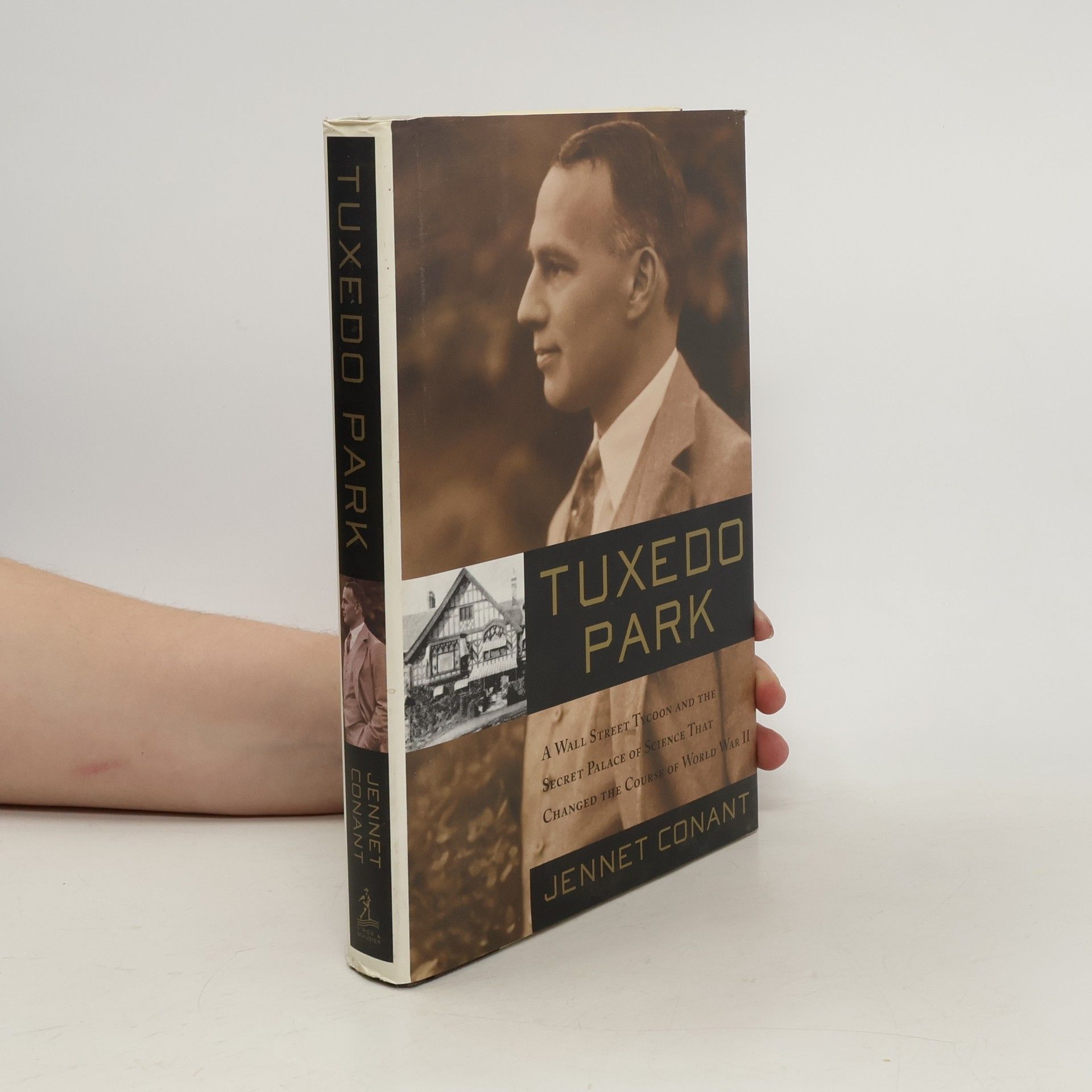The Great Secret
- 400pagine
- 14 ore di lettura
The gripping story of a chemical weapons catastrophe, its cover-up, and how one army doctor's discovery led to the development of chemotherapy.
Jennet Conant è un'autrice americana di saggistica e giornalista, il cui lavoro offre prospettive inedite sulla Seconda Guerra Mondiale. La sua scrittura è caratterizzata da una ricerca meticolosa e da una narrazione avvincente, che trasporta i lettori nei momenti cruciali del conflitto. Conant si concentra su figure meno conosciute e narrazioni nascoste, rivelando la complessità e l'umanità al centro degli eventi storici. Il suo stile è sia analitico che accessibile, rendendola una voce rispettata nella saggistica narrativa.




The gripping story of a chemical weapons catastrophe, its cover-up, and how one army doctor's discovery led to the development of chemotherapy.
"On the night of December 2, 1943, the Luftwaffe bombed a critical Allied port in Bari, Italy, sinking seventeen ships and killing over a thousand servicemen and hundreds of civilians. Caught in the surprise air raid was the John Harvey, an American Liberty ship carrying a top-secret cargo of 2,000 mustard bombs to be used in retaliation if the Germans resorted to gas warfare. After young sailors began suddenly dying with mysterious symptoms, Lieutenant Colonel Stewart Alexander, a doctor and chemical weapons expert, was dispatched to investigate. He quickly diagnosed mustard gas exposure, which both Churchill and Eisenhower denied. But Alexander's breakthrough observations about the toxic effects of mustard on white blood cells, as well as the heroic perseverance of Colonel Cornelius P. Rhoads--a researcher and doctor as brilliant as he was arrogant and self-destructive--were instrumental in ushering in a new era of cancer research led by the Sloan Kettering Institute."-- Provided by publisher
Set against the backdrop of World War II, the narrative follows a covert mission by British scientists who meet with American physicists to share vital military secrets. Central to this story is Alfred Lee Loomis, a wealthy Wall Street tycoon leading a dual life as a scientific innovator. Through extensive research and personal accounts, the book uncovers Loomis' hidden contributions to the war effort and his influential role in the development of nuclear technology, revealing a pivotal yet overlooked chapter in history.
Describes the covert intelligence operations of allied forces during World War II as experienced by wounded RAF pilot Roald Dahl, a patriot who used his charm and wits to infiltrate the upper reaches of Georgetown society and influence U.S. policy in favor of England.